Andrew White | FutureHouse
Automating Scientific Discovery with Open Data
Andrew White
FutureHouse
CZI Open Science
October 2025
FutureHouse Structure
- Non-profit founded in 2023
- Funded primarily by Eric Schmidt
- Based in San Francisco
- 25 employees
Science is changing independent of AI


Arxiv.org,10.6084/m9.figshare.17064419.v3
Number of Researchers are Growing
International R&D spending
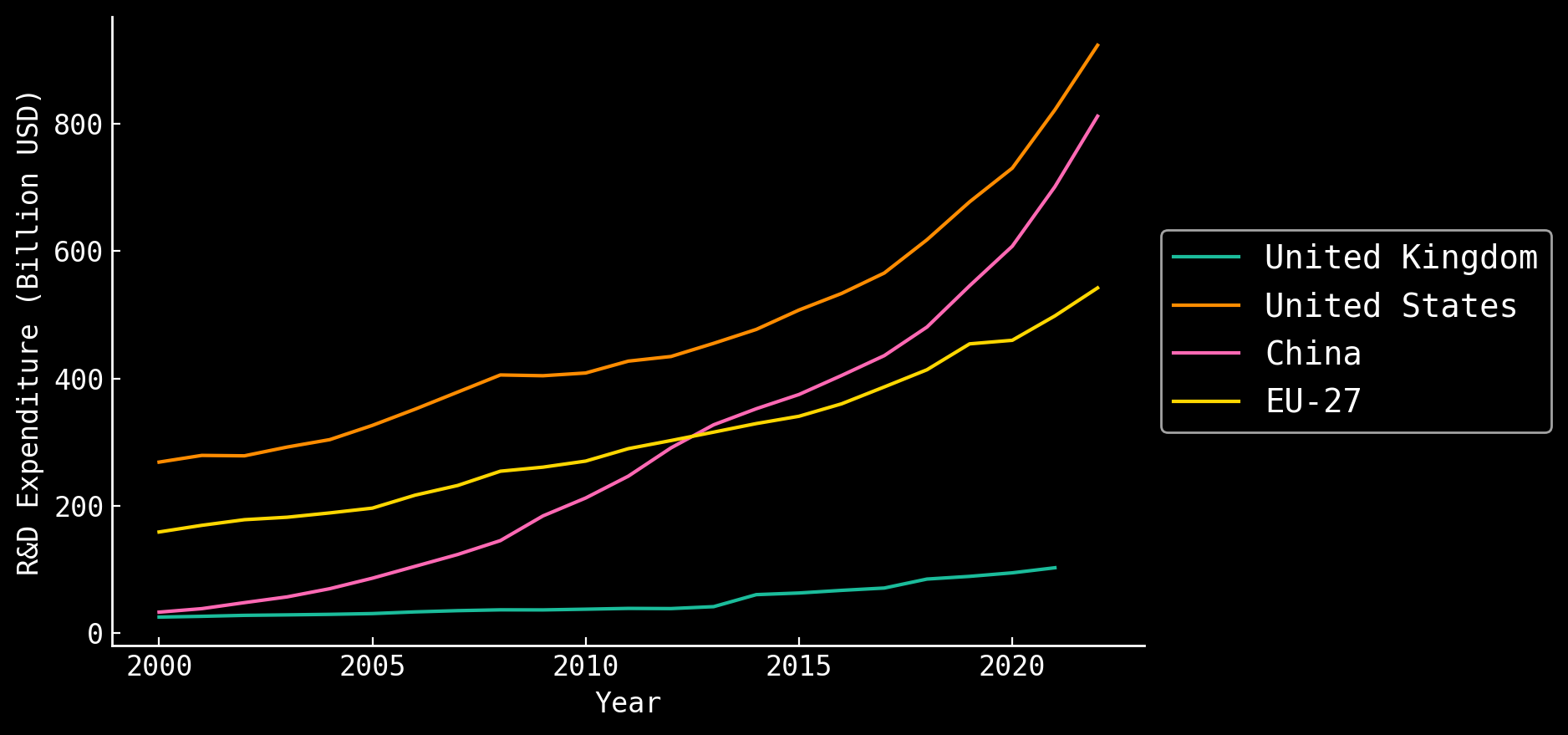
PhD Researchers
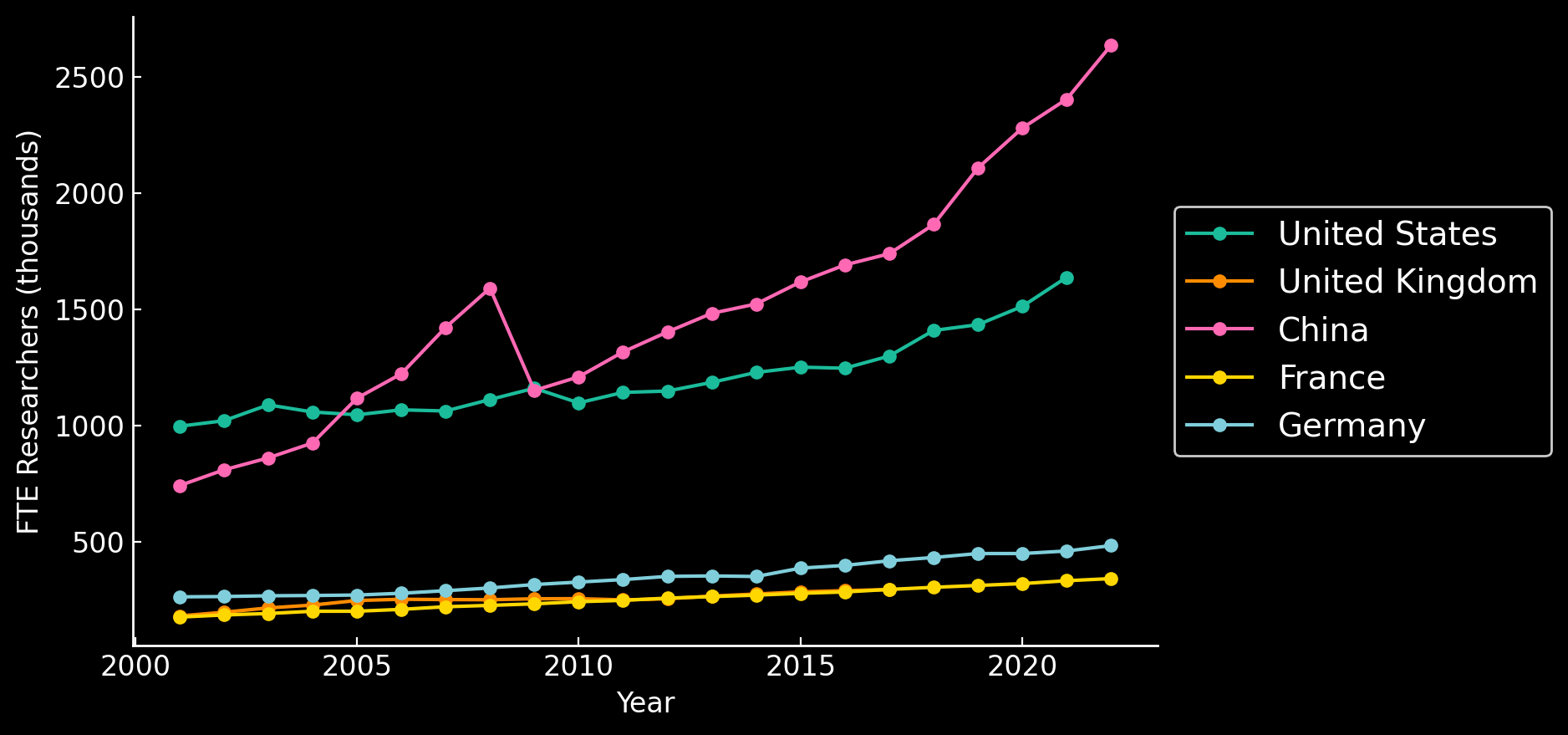
NSF - https://ncses.nsf.gov/pubs/nsf24332; UNESCO UISI SDG9
Intellectual bottlenecks are growing
📝 Increasing paper count ($\approx$10M per year)
🧬 Larger data sets from cheaper
experiments (genome at
$200 per person, $1 / GB of sequencing)
🔍95% decline in disruptive papers since 1980
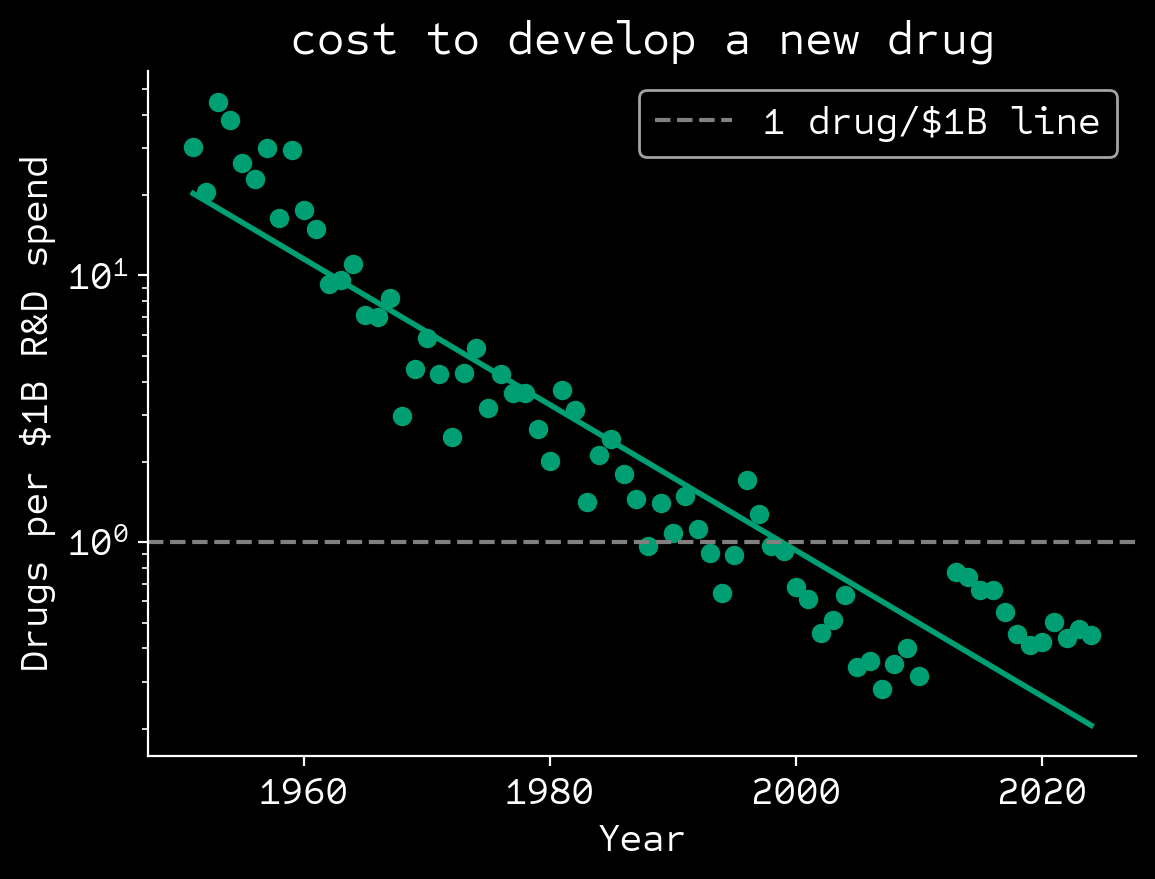
Park, M. et al. Nature 613, 138-144 (2023); Scannell, J.W. et al. Nat. Rev. Drug Discov. 11, 191–200 (2012); Deloitte 2025: Pharma innovation returns.
FutureHouse Mission
Accelerate Scientific Discovery
What is an agent?

Agent: trained, makes decisions
Environment: untrained, has tools, state
Protein Design Environment
- Protein design with 5 existing deep learning models
- Molecular dynamics, bioinformatics, literature research agent
- Input: "design 92 binders for PD-L1"
Wet lab validation
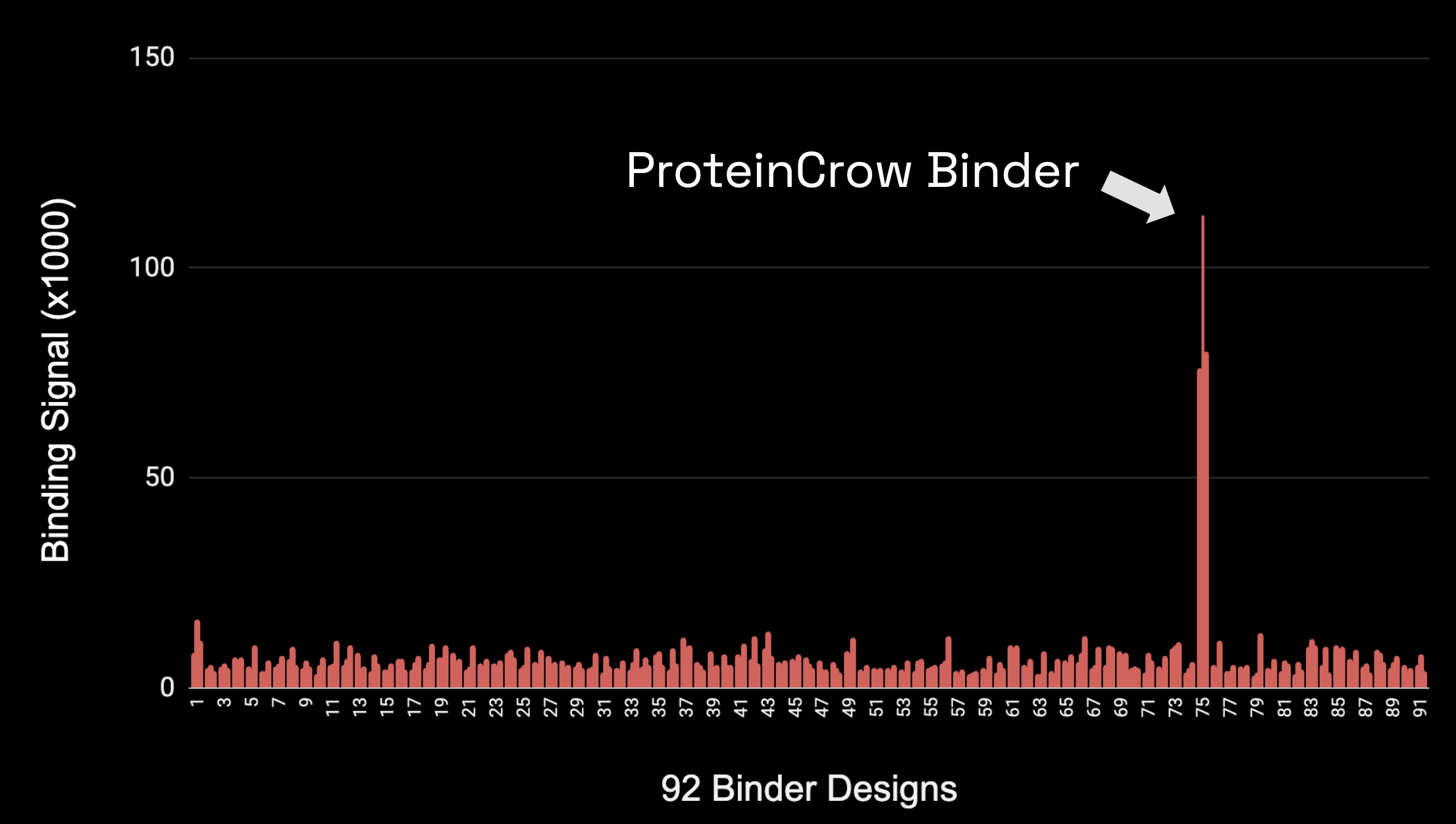
Learning vs Frontier Models
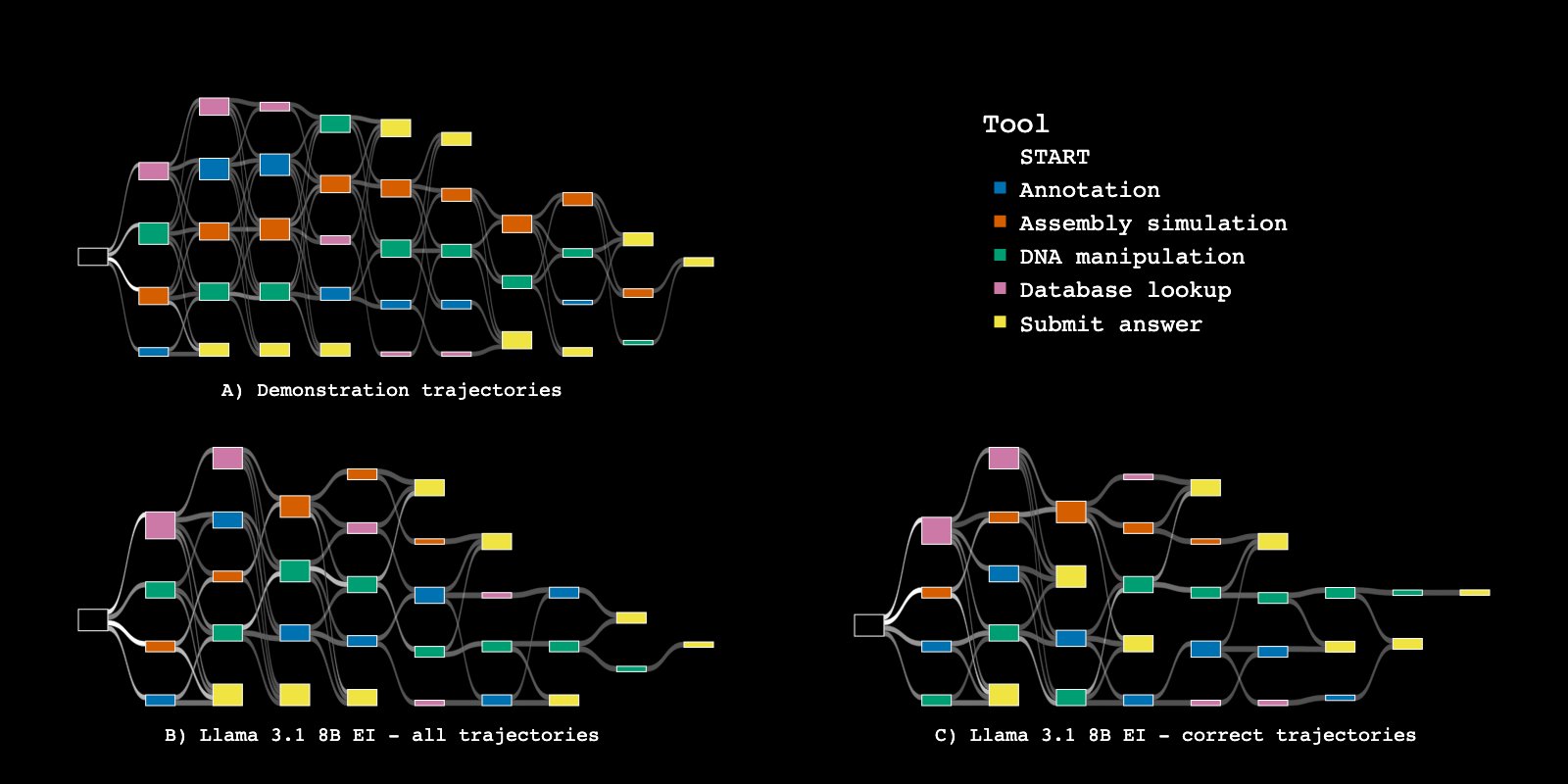
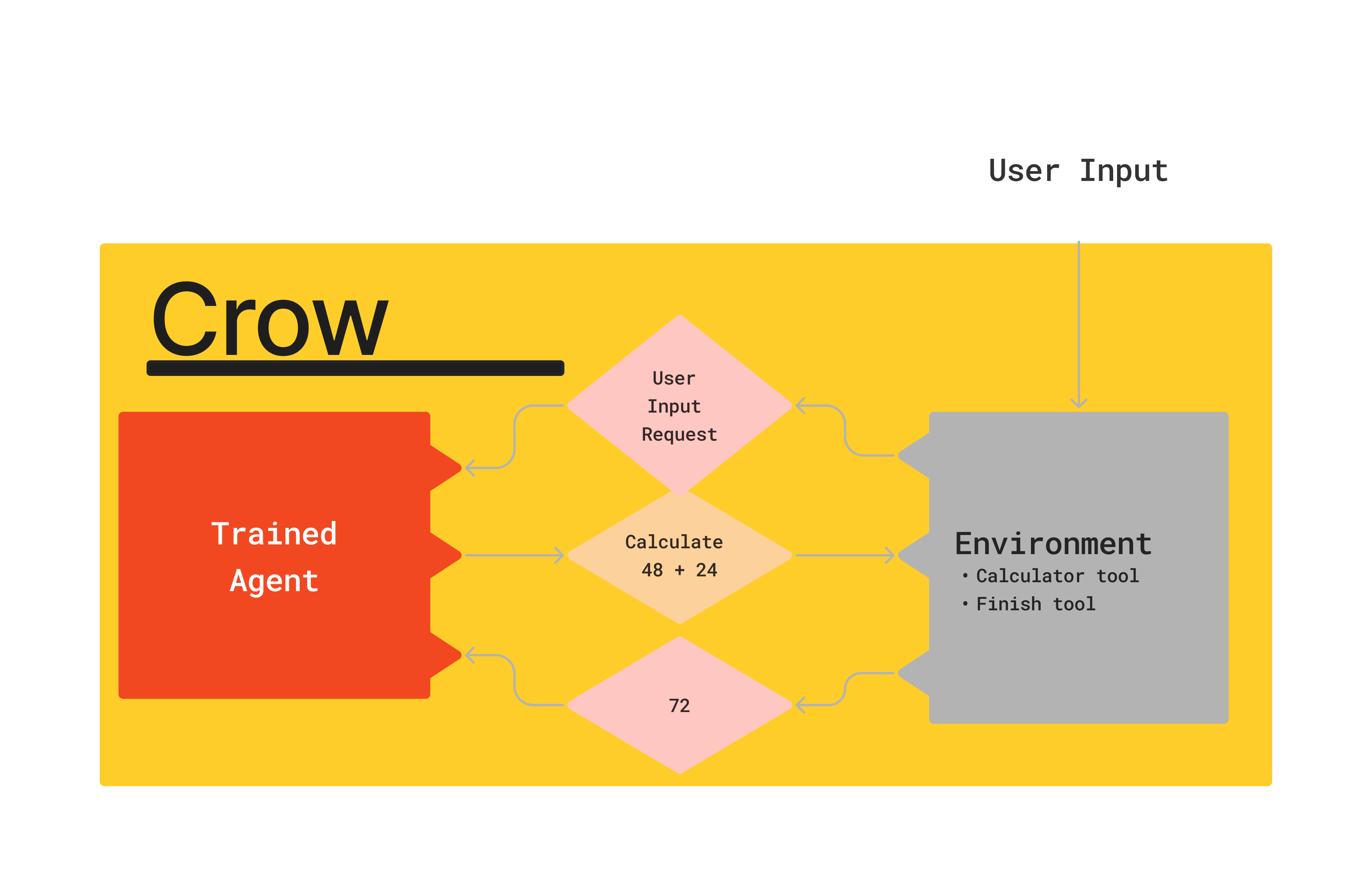
Crows
| Name | Environment | Key Tools |
|---|---|---|
| Crow/PaperQA | Literature Research | Search, Citation Traversal |
| ProteinCrow | Designing novel proteins | AlphaFold2, Molecular Dynamics |
| ChemCrow/Phoenix | Designing new molecules | Retrosynthesis, self-driving robotic lab |
| Data analysis crow/Finch | Generating discoveries from data | bioinformatics tools, code, file system |
Agent vs ML Model
Modify surface residues of IL-10 to increase expression and solubility in E. coli without disrupting dimerization or receptor interaction.
Automating research of scientific literature
Language agents achieve superhuman synthesis of scientific knowledge
Michael D. Skarlinski, Sam Cox, Jon M. Laurent, James D. Braza, Michaela Hinks, Michael J. Hammerling, Manvitha Ponnapati, Samuel G. Rodriques, Andrew D. White arXiv:2409.13740, 2024
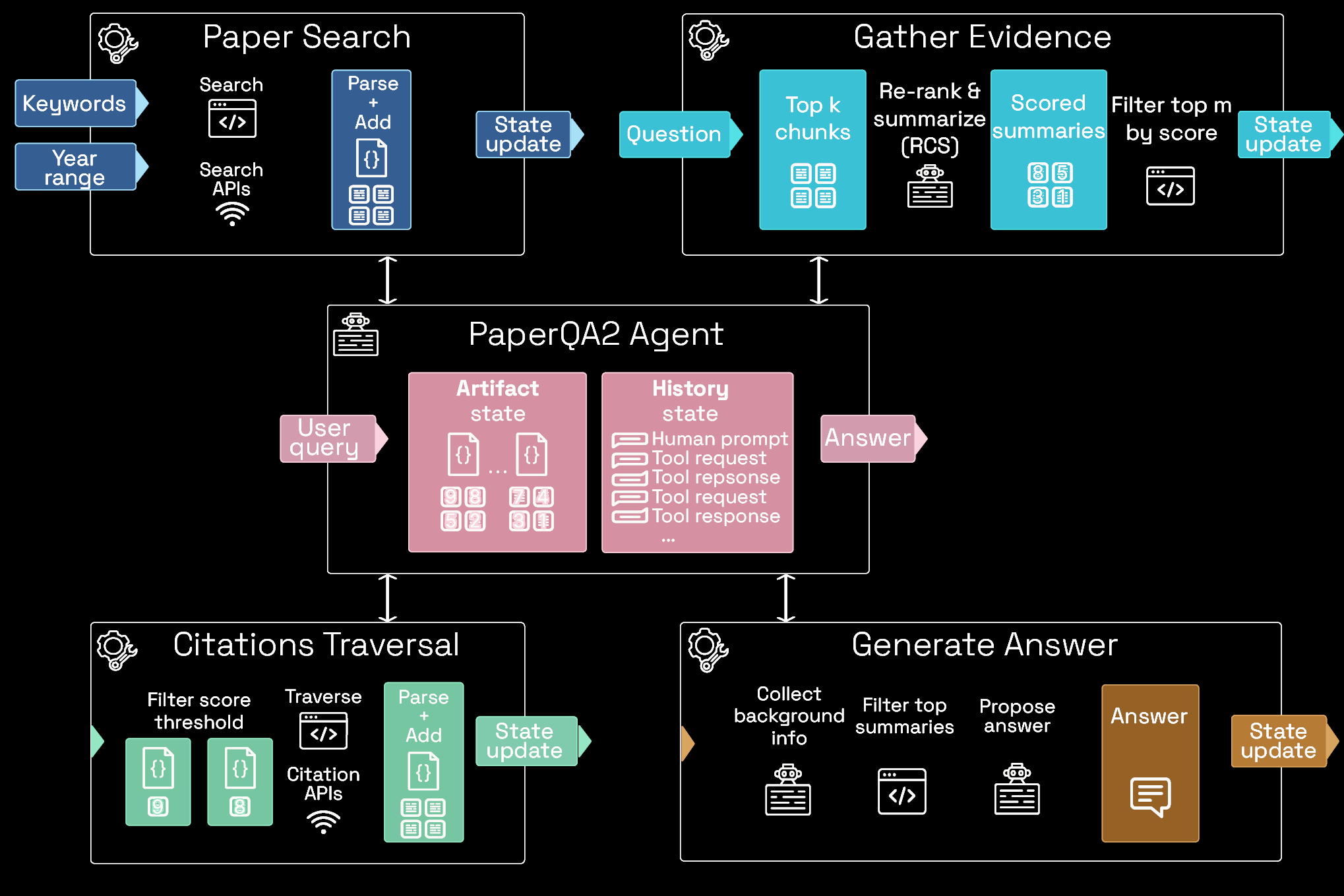
Evaluating
Overexpression studies of PRMT4 in SW480 UPF1 knockout cells show that which arginine residue in PRMT4 is important for asymmetric di-methylation of UPF1 R433?
Better at answering questions than PhD biology experts

Improving over time
Better than human written Wikipedia articles
Can be used to check for precedent and disagreement in literature
FutureHouse Platform
- Free, with rate limits
- API - can be incorporated into your pipeline/agents
- Majority of code is open source
- Major updates coming soon!
API

- Tasks per minute: 300
- Research Papers 100,000,000
- Wiki page for all diseases every 7 hours
- All arxiv papers per week 30,000 papers / month
- Check for contradictions 6.3M papers / year
- All Wikipedia every 3 weeks
Model intelligence will continue to increase
Complete cycle of disease to mechanism to target to drug

ROBIN: A Multi-Agent System for Automating Scientific Discovery
Ali Essam Ghareeb*, Benjamin Chang*, Ludovico Mitchener, Angela Yiu, Caralyn J. Szostkiewicz, Jon M. Laurent, Muhammed T. Razzak, Andrew D. White†, Michaela M. Hinks‡, Samuel G. Rodriques
Conclusions
- AI builds on open data, but that is breakingdown
- Open source and publishers are not ready for AI
- The way we do science is changing rapidly